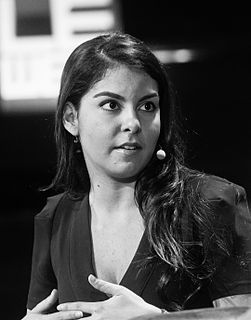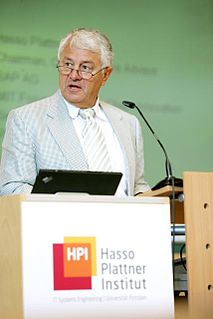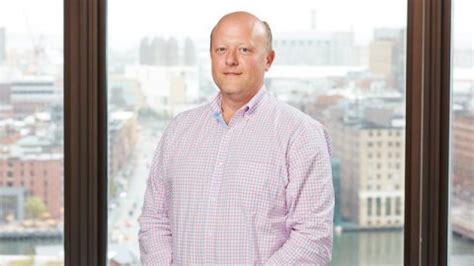A Quote by Pete Buttigieg
As a consultant at McKinsey, I learned the value of data and the ability to shape that information into an answer.
Quote Topics
Related Quotes
There is so much information that our ability to focus on any piece of it is interrupted by other information, so that we bathe in information but hardly absorb or analyse it. Data are interrupted by other data before we've thought about the first round, and contemplating three streams of data at once may be a way to think about none of them.
Data isn't information. ... Information, unlike data, is useful. While there's a gulf between data and information, there's a wide ocean between information and knowledge. What turns the gears in our brains isn't information, but ideas, inventions, and inspiration. Knowledge-not information-implies understanding. And beyond knowledge lies what we should be seeking: wisdom.
[Even the mechanism can be endowed with an image. Thus] the thermostat has an image of the outside world in the shape of information regarding its temperature. It has also a value system in the sense of the ideal temperature at which it is set. Its behavior is directed towards the receipt of information which will bring its image and its value systems together.
The cloud is driven by statistics, and even in the worst individual cases of personal ignorance, dullness, idleness, or irrelevance, every person is constantly feeding data into the cloud these days. The value of such information could be treated as genuine, but it is not. Instead, the blindness of our standards of accounting to all that value is gradually breaking capitalism.

































